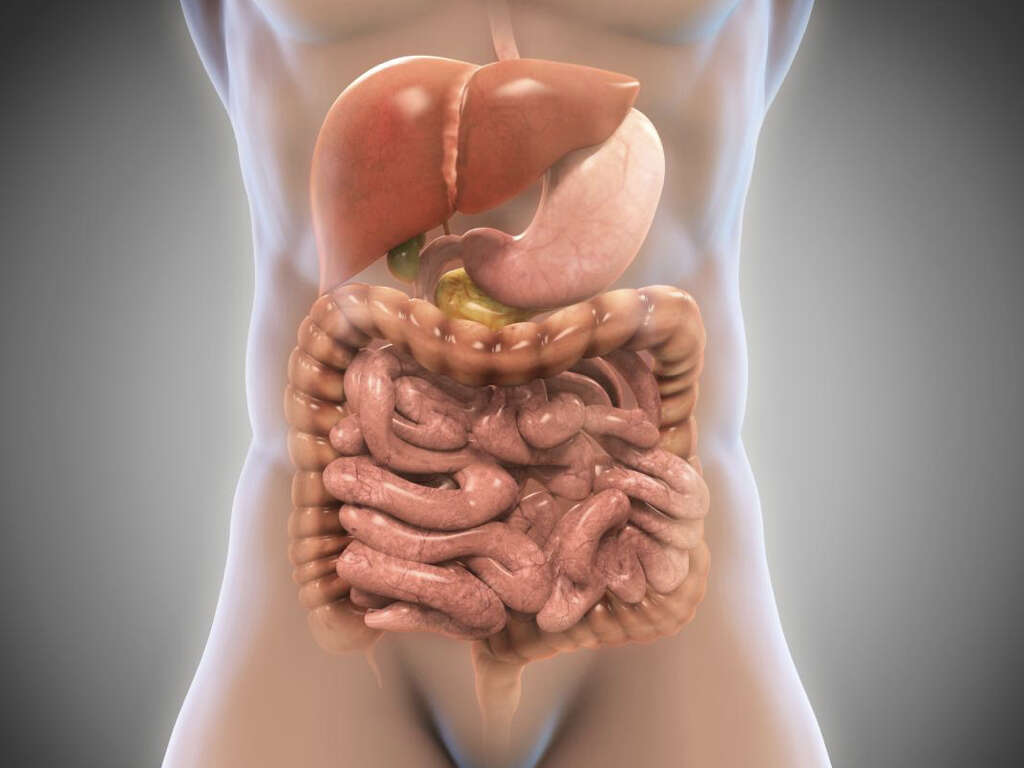What Is Cyclic Vomiting Syndrome?
Vomiting is not a nice experience but, unfortunately, it is also quite common. There are numerous reasons that we might vomit ranging from the harmless to disease that can be dangerous to our lives. Fortunately, it is nearly always the former, and the symptoms do not usually last for long.
Cyclic Vomiting Syndrome is a condition in which the patient goes through cycles of vomiting. Not much is known about the condition so treating it is usually very difficult. Thankfully, however, it is not usually dangerous and people with the condition are often able to adjust so that it minimizes the impact on their lives.

1. Prodrome Phase
Prodrome is the medical term for when the early symptoms of a condition begin to show. It originates from the Greek word “prodromos,” which translates into English as “running before.”
Patients with cyclic vomiting syndrome will usually go through this phase before moving onto the others. The patient will develop a sensation that they are about to begin having an episode. They are likely to feel nauseous and they may start to sweat intensely. The patient will also often appear pale. This phase can last for just a few minutes but, in other cases, it can last for a few hours.

2. Vomiting Phase
Once the prodrome phase is over, the patient will then move onto the vomiting phase. The term is quite self-explanatory as the patient will begin retching and vomiting, as well as still feeling nauseous.
This phase will often last for around half an hour while, in some cases, it can last for up 10 days. The patient will usually vomit 5 or 6 times every hour. This phase can be quite debilitating for the patient and they may be unable to move for the duration. They might also experience other symptoms including abdominal pain, fever, headaches, light sensitivity, drowsiness, diarrhea, paleness, excess saliva, and drooling.

3. Recovery Phase
The vomiting phase will eventually come to a stop and the patient will then enter what is known as the recovery phase. This means that the retching and vomiting will come to a halt and the patient will no longer feel nauseous, or at least the nausea will lessen.
The patient should also find that their other symptoms will subside during this phase. In some cases, recovery will be almost immediate for the patient and they are able to function as they usually would almost straightaway. Some other people will find that the recovery is more of a gradual process.

4. Well Phase
This is no doubt the best phase of all for patients with cyclic vomiting syndrome. They will be feeling no symptoms at all and it can seem as though they don’t even have the condition.
Unfortunately, it is usually just a matter of time until the prodrome phase begins, with the others phases almost inevitable also. Not only is the return of the prodrome phase quite inevitable, but it is also often quite predictable. Patients will often know when they can expect the cycle to begin again. It can be so predictable that it will even happen at the same time of day, and last for the same length of time.

5. Stress
The exact causes for cyclic vomiting syndrome are still somewhat of a mystery, although it is suspected that there is a link between the condition and migraines.
We do know that episodes are often triggered by other things, however, and one of these includes stress. This can include periods of excitement, and children in particular are known to get excited easily. People that suffer from panic attacks and anxiety are also more prone to suffering from cyclic vomiting syndrome than other people are. If you are experiencing prolonged periods of stress then you should arrange to speak with a medical professional.

6. Caffeine
Every morning, countless people drink tea or coffee for a bit of a perk. They contain a stimulant known as caffeine that helps to keep us feeling awake.
It is ideal for a perk in the mornings and can also help to keep us going as the day draws to a close. As useful as caffeine can be, however, it is not without its drawbacks. If you drink a lot of tea or coffee, and you suffer from cyclic vomiting syndrome, it may be a good idea to reduce your caffeine intake. Note also that other beverages, like certain sodas, have a high caffeine intake and should also be avoided.

7. Motion Sickness
Modern transportation is great for getting us from one place to another. Not only is it fairly quick, but it is also fairly comfortable, especially where private vehicles are concerned.
Rides are not always comfortable, however, especially for people that suffer from motion sickness. If you suffer from motion sickness then there is also an increased chance of suffering from cyclic vomiting syndrome. Children in particular are more likely to suffer from motion sickness, with most people growing out of it as they get older. Motion sickness medication is available if needed and will help to at least reduce the symptoms in most people.

8. Hot Weather
Depending on where you are in the world, good weather cannot come around quick enough. Many people will change into shorts and T-shirts and maybe head to beaches and other places where they get to take advantage of the sun.
The good weather is not always as much fun for everybody, though. For some people, hot weather is a trigger for cyclic vomiting syndrome. This means that the patient might need to take care of being outside in the hot weather for too long. This can be particularly difficult for kids that want to be out playing with their friends.

9. Menstruation
Women will go through menstruation every month, on average, until menopause occurs. It is an essential part of the reproductive cycle as it helps to ensure that fresh, fertile ovum (eggs) are ready to be fertilized.
For some women, it is a time of the month that can be quite unpleasant. Menstruation brings on various symptoms such as headaches, mood swings, and stomach cramps. It can also be a trigger for other conditions such as cyclic vomiting syndrome. Any woman experiencing particularly severe symptoms from menstruation should arrange to speak with their doctor.

10. Sleep Deprivation
It is very important for your health overall that you get enough sleep. Not only does it affect your mental health, but also your physical health, and not getting enough sleep can mean a significant impact on the quality of your life.
Not enough sleep can also be a trigger for cyclic vomiting syndrome. If you are not getting enough sleep for any reason then you should do what you can to rectify the problem. This might mean changing your sleeping habits, and consider not using any electrical devices for at least a couple of hours before you are due to sleep. A sleep therapist can also help ensure you get all the sleep that you need.












